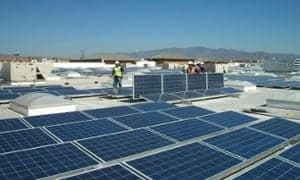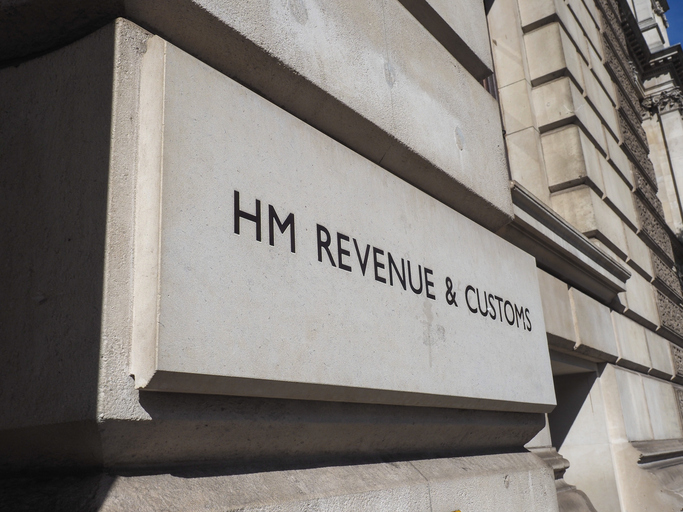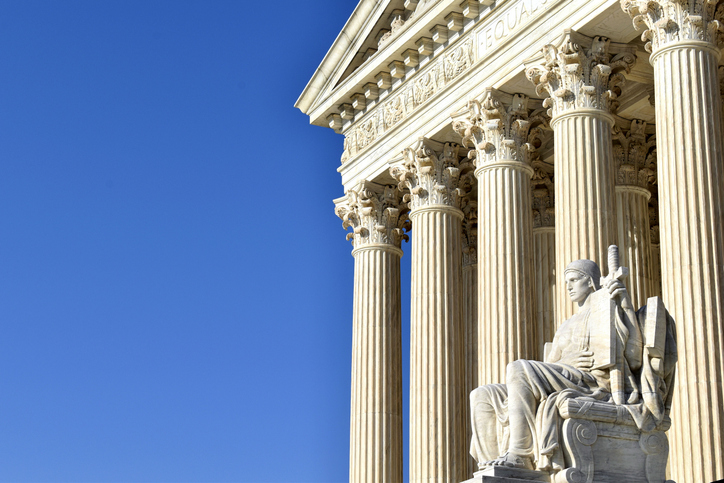The Guardian: Lawsuits, scams and whistleblowers: is the hunt for solar fraud bad politics or a good thing?


SolarCity, which installed these solar panels on a Walmart in Chula Vista, California, is one of several companies that have been subpoenaed as part of an investigation into potential renewable energy grant fraud.
A Texas-based corporate watchdog plans this month to ramp up its campaign to find whistleblowers with evidence that wind or solar power companies have fleeced the US government for grant money.
The Corporate Whistleblower Center, part of the privately held company America’s Watchdog, launched the initiative in September with an eyebrow-raising press release that claimed: “the potential for rewards can be enormous for this type of information”.
Since then, America’s Watchdog has received “half a dozen real good responses”, says Michael Thomas Martin, the company’s owner and director, who “plans to hit this excessively” with a new round of press releases this month.
It’s hardly the first time renewable energy, and related federal programs, have come under attack. Ever since California-based solar panel startup Solyndra went bankrupt in 2009 after receiving a half-billion dollar loan guarantee from the US Department of Energy – through a program created by the $787bn American Recovery and Reinvestment Act – opponents of President Obama’s renewable energy initiatives have spent millions of dollars on attack campaigns targeting renewable energy.
But most of the attacks, in the past, have come from deep-pocketed oilmen, ultra-conservative lobbyists, right-leaning think tanks and electric utilities that seem motivated by political or competitive concerns.
Martin says he is not opposed to renewable energy. His intention, he claims, is simply to “make sure whistleblowers get the good attorneys, are properly taken care of, and hopefully the case advances and they get rewarded”.
There’s some reason to believe he’s not motivated by the ideologues leading the charge against renewables. His initiatives against fraud – which he claims are self-financed – are all over the map, covering corruption, counterfeiting and workplace discrimination in industries as diverse as defense, finance, health care and construction. That wind and solar are now also on his radar may simply be a consequence of the fact that they too have become big business – with warts and all.
Takes one to know one
In the end, the only common denominator connecting his initiatives appears to be fraud, which is no accident: Martin has a personal history of committing fraud.
He was arrested in 1997 for scamming real-estate investors out of nearly $1.7m through his Seattle-based radio show, convicted in 1998 on two counts of felony fraud and sentenced to 46 months in prison. He was released early in 2000.
“Did I make a horrible mistake? Yeah. I’ve been trying to dig myself out.”
Martin likens himself to James Stewart’s character in the classic film It’s A Wonderful Life. “I hope I get a second chance too,” he said. “Take it from someone who thoroughly screwed up in his life: there’s no way I could ever say I’m sorry enough for doing that. I pray to God I can redeem myself. We are not trying to upset anybody. But if we can go to bat for somebody, we will.”
The little-known America’s Watchdog is one of a growing group of atypical actors interested in holding renewable energy to the same standards as everyone else. Could this be a sign that renewables are finally becoming less political – and more about business as usual? Are we reaching the point where a few bad apples will no longer spoil the bunch?

Litigation heating up
In Indiana, the National Whistleblowers Center, which has defended high-profile natural security, environmental and nuclear whistleblowers and helped Congress draft current protections, is involved in a case that Stephen Kohn, its executive director, calls “the largest tax and securities fraud case” in the state’s history. In that still-pending litigation, the Securities and Exchange Commission has charged several biodiesel companies with faking production and deceiving regulators and investors in a $150m scam.
Another case is being heard in Nevada, where two former employees of geothermal producer Ormat are suing under the False Claims Act, alleging that the company and its subsidiaries defrauded a US Treasury department grant program – another Recovery Act program – of $122m by inflating the value of grant-funded projects and falsifying completion dates in order to qualify.
Litigation involving solar companies and Treasury department grants may also be heating up, even as the program – which has spread about $23bn across nearly 100,000 projects – comes to an end. Although it closed to new applicants at the end of 2011, the program continues to award payments for projects that had already started construction before then.
In July, a federal grand jury indicted Joseph Kozicki, the owner of small California solar installer AA Solar, in an alleged scheme to cheat the Treasury grant program. If convicted, Kozicki faces up to 10 years in prison and up to $1m in fines.
“These federal grants were given to companies that may have blown the money, that in some cases didn’t go to build anything, or it was already built,” said Martin of America’s Watchdog. “It begs the question: ‘Where is the oversight?’ From what we can gather, there has been none.”
The Treasury and Justice departments, however, are engaged in an ongoing probe into renewable energy grant fraud. SolarCity, the largest solar installer in the US, is one of several companies to have been subpoenaed for information.
Asked for an update on its investigation, a spokesperson at the Justice Department replied: “We decline to comment as the matter is pending litigation.”
SolarCity, in turn, is behind one of nearly two-dozen lawsuits pending in the US court of federal claims. The plaintiffs, primarily wind and solar companies, question the government’s decision to disallow grants that its officials assessed as being too large. The dollar amount at stake is “perhaps in the billions”, said law firm Hunton & Williams in a client alert.
It is clear that – years after the end of federal renewable energy stimulus programs – the exploration into the dark side of solar and other renewable energy companies will continue. What remains to be seen is whether, five years after Solnydra’s implosion rippled through the industry, any hint of wrongdoing will continue to be leveraged as a political tool – or whether, finally, the sector will have become mainstream enough so that fraud can simply be fraud.
Latest News & Insights
October 16, 2024




